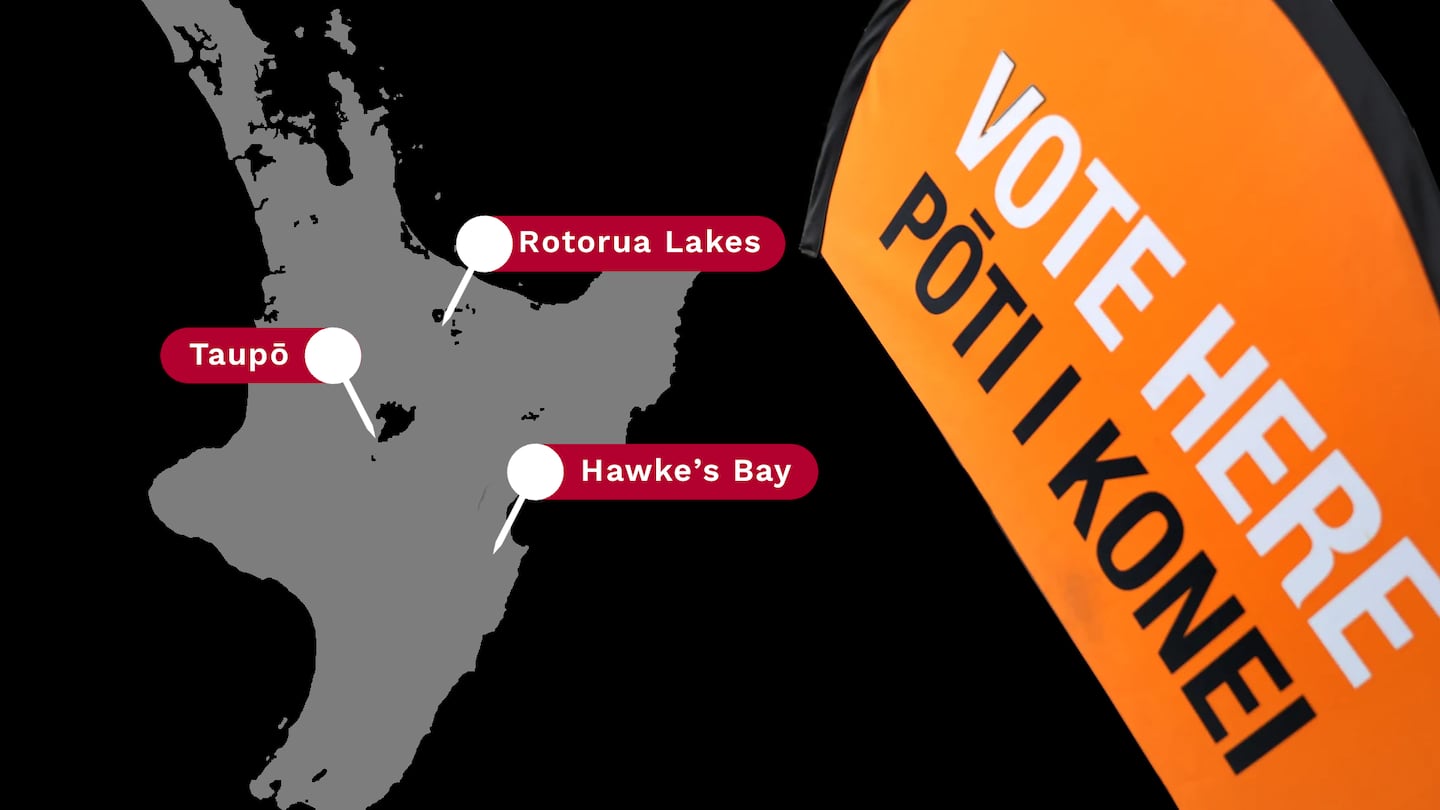Hawke’s Bay Regional Council and Rotorua Lakes and Taupō District Councils have decided to keep Māori wards.
That means they must have run a binding poll at the next local government elections in 2025.
Yesterday Taupō District Council voted to retain its Māori ward. Mayor David Trewavas said the council made its views on its Māori ward clear in its recent submission on the changes to the electoral laws, which emphasised that having Māori wards allowed proportionate representation for Māori at the council table.
The Hawke’s Bay Regional Council has Charles Lambert in the Māui kite Raki constituency and Thompson Hokianga in the Māui Kite Tonga constituency.
Council Chair Hinewai Ormsby said the decision to retain was a significant step towards ensuring Māori representation and participation in the region’s decision-making.
“Māori constituencies are not only a matter of fairness and democracy, but also a matter of tikanga and kaitiakitanga,” Ormsby said.
‘Enriched the quality of council decisions’
“They enable us to uphold our obligations under the Te Tiriti o Waitangi and to work together as partners for the wellbeing of our region.”
Ormsby said it not only empowered Māori voices and views but also enriched the diversity and quality of the council’s decisions.
The co-chairs of the Council’s Māori committee, Mike Paku and Katarina Kawana welcomed the decision.
“Māori constituencies are a vital mechanism to ensure the voices and perspectives of Māori are heard and respected at the Council table, and that the issues and opportunities that affect Māori are addressed effectively,” Paku said.
Kawana said the decision was a positive outcome for the region and its future, that Māori constituencies weren’t just important for Māori but for all the people of Hawke’s Bay. She said they looked forward to working with the council and community to make the most of the opportunities Māori wards had to offer.
“They enhance the diversity and the quality of the council’s governance and leadership, and they foster a culture of collaboration and innovation.”
Rotorua City Council introduced the Māori wards for two terms and it is currently halfway through its first one.
During its meeting two of the Māori ward councillors, Rawiri Waru and Trevor Maxwell, moved and seconded the motion to keep the wards.
Maxwell was the first to speak when it came to discussion time.
“We all know the whole debate on this is unfair, we all know that Māori wards are historic, and now we’re finding it’s hysterics we are all trying to avoid.
“To my fellow colleagues, I hope we can join the majority of New Zealand that are saying ‘let’s be unanimous on this and deal with other issues as they arise’.”
Māori ward councillor Lani Kereopa pointed out the Local Government Act 2002 said councils had obligations to Māori.
“Māori wards are one way of supporting iwi engagement in decision-making and they go some way acknowledging our rights as sovereign first nations people, acknowledged by the Crown through both the Declaration of Independence and Te Tiriti o Waitangi because they allowed our whānau to elect our own representatives.”
‘Wider community not consulted’
Robert Lee was the only councillor to speak against the motion.
He said he came into the role for the “best interest of the Rotorua district”, not for Māori.
“It was the wider community that were not consulted in 2021 and they ought to have been, and that’s what the government is intending to do with this legislative change to allow the wider community to be heard on this.”
Lee proceeded to quote mayor Tania Tapsell, who was initially against Māori wards in 2021 due to Māori already being voted in the general election.
Tapswell responded, saying she would be supporting the wards now as she found it unfair that the government was trying to “forcibly remove” the now established Māori wards.
After Waru moved the motion, he was the last speaker. He said the three seats were guaranteed representation for Māori in the council if the wards stayed.
“That is the only piece of legislation to my knowledge that singles out a particular people that gives them a threshold that gives others a say over them.”
First hurdle - more to come
He asked the public to register to vote as the council meeting was the first hurdle to jump over to retain Māori wards.
“Let’s do what’s right because that’s all that matters in the end.”
Nine councillors and the mayor voted to retain the wards while Lee was the only councillor to vote against it.




